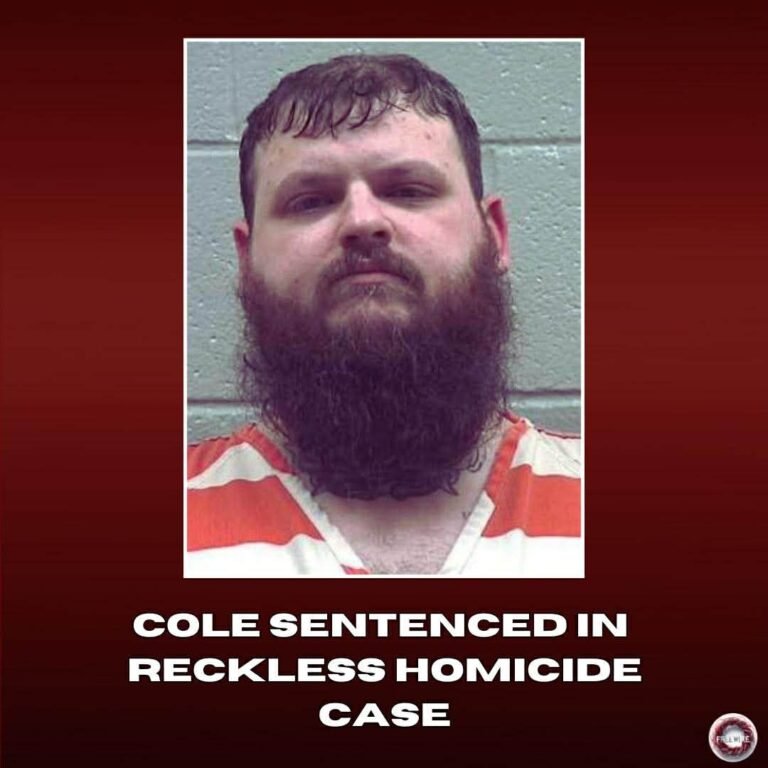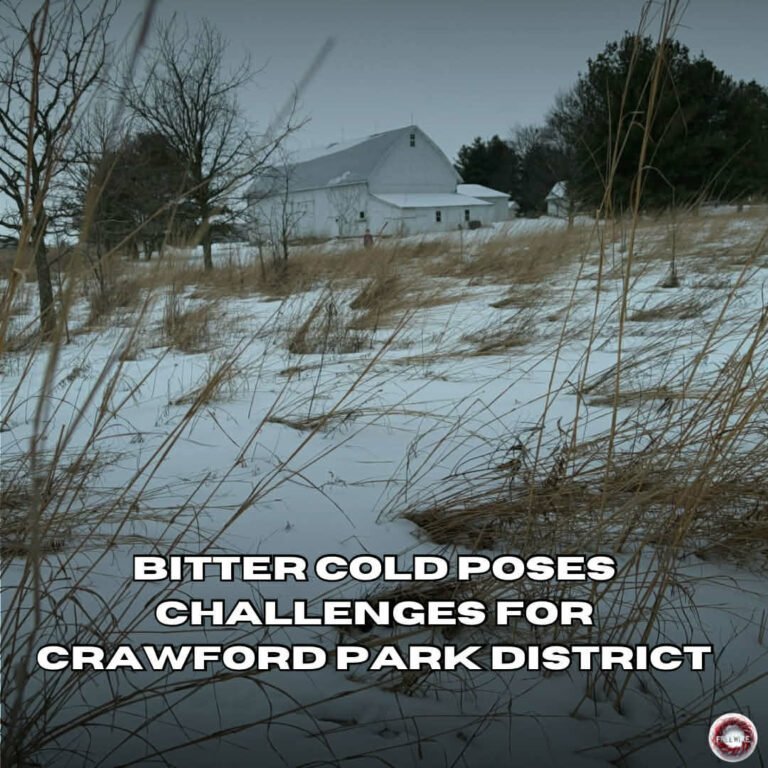by Logan Andrew | FreeWire Magazine — Your News, Your Voice

Week at a glance. The last week of summer was full of showdowns. President Trump ordered the Pentagon renamed the “War Department,” sparking debate about militarization. The White House vowed more workplace immigration raids after a Hyundai bust in Georgia; protesters in Chicago and Washington marched against federal troop deployments. Treasury Secretary Scott Bessent readied a Supreme Court appeal to preserve the administration’s sweeping tariffs even as top aide Kevin Hassett insisted the Federal Reserve must remain free of political meddling. Abroad, Trump signaled he’s ready for a “phase two” escalation of sanctions on Russia.
War Department rebrand
Trump signed an executive order on Sept. 5 to revert the Department of Defense to its old name, the Department of War, and immediately had signs at the Pentagon changed. Defense Secretary Pete Hegseth’s title was updated to “Secretary of War,” and Trump said the change reflected an “attitude” of offense and winning. He questioned whether congressional approval was necessary, even though agency name changes usually require legislation. Hegseth embraced the move, saying the military would go “on the offense.” Critics, including some within the Pentagon, called it expensive and distracting.
Immigration crackdowns and protests
After an Immigration and Customs Enforcement raid on a Hyundai facility in Georgia arrested 475 workers, mostly South Korean nationals, the administration announced plans to intensify workplace enforcement. White House border czar Tom Homan said more businesses would be targeted because employers hire undocumented migrants to undercut U.S. workers. Opponents warned that agriculture, hospitality and meatpacking rely on immigrant labor. The crackdown fueled protests: thousands marched in Chicago on Labor Day to denounce Trump’s threats to flood the city with National Guard troops and immigration agents, chanting against deportations and vowing to resist federal encroachment. Mayor Brandon Johnson told the crowd Chicago would “defend the country,” and an executive order directs city police not to cooperate with federal forces. In Washington, D.C., demonstrators at a “We Are All D.C.” rally condemned the ongoing deployment of National Guard troops that Trump authorized last month. The city’s attorney general sued to block the deployment, arguing it violates federal law.
Tariffs, trade and the Supreme Court
An appeals court ruled on Aug. 30 that Trump’s sweeping “reciprocal” tariffs were illegal, but allowed them to remain in place until Oct. 14 pending appeal. Treasury Secretary Scott Bessent said on Sept. 1 he is preparing a brief urging the Supreme Court to uphold the tariffs and is confident the court will back the administration. He also noted a backup plan: using a 1930s law to impose temporary duties up to 50%. Trump separately warned that if the Supreme Court does not reinstate the tariffs, he may have to unwind trade agreements with the European Union, Japan and other partners—a move he said would cause the U.S. to “suffer greatly” but insisted he could avoid if the court rules his way. Meanwhile, the White House granted tariff exemptions to allied nations on select goods, and U.S. authorities investigated a malware scheme masquerading as an email from a congressman that targeted trade talks.
Fed independence vs. White House influence
Bessent defended Trump’s attempted removal of Federal Reserve Governor Lisa Cook but insisted he respects Fed independence, arguing the central bank has made mistakes that hurt housing and inflation. He called for a nonpartisan review of the Fed’s structure and its bond-buying policies, hinting he might declare a national housing emergency if supply constraints persist. On Sept. 7, National Economic Council director Kevin Hassett—one of Trump’s candidates to replace Fed Chair Jerome Powell—told CBS News the Fed must be “100%” free from political influence, including from Trump. Hassett said countries that let politicians control central banks end up with inflation and misery. Critics worry the administration’s attempt to stack the Fed board and challenge Cook’s firing could erode market confidence.
Vaccine politics and CDC turmoil
The controversy over vaccines continued. President Trump reiterated support for HHS Secretary Robert F. Kennedy Jr., who has slashed vaccine research funding and fired CDC Director Susan Monarez for refusing to limit vaccine availability. Kennedy’s moves prompted Senate hearings, during which lawmakers from both parties confronted him over cancelled vaccine contracts and the firings; Kennedy said Monarez misled Americans and hinted he may fire more officials. Critics worry the anti-vaccine stance could spur disease outbreaks.
Ukraine, Russia and foreign policy
Trump said he is ready to move to a “second phase” of sanctions on Russia over the Ukraine war, marking his toughest stance yet. He didn’t elaborate on what that entails but indicated it could involve “secondary” tariffs on countries that buy Russian oil. Treasury Secretary Bessent said such measures could push Russia’s economy to the brink and force President Vladimir Putin to negotiate. The comments came after Ukraine endured another massive drone and missile barrage, and amid ongoing talks with European leaders to secure a durable ceasefire.
What we’re watching next
- Tariff appeals: The Supreme Court’s response to Bessent’s brief and whether Trump proceeds with unwinding trade deals or tariffs.
- Federal Reserve battle: Senate confirmation of nominee Stephen Miran, lawsuits over Lisa Cook’s firing, and potential moves to overhaul Fed governance.
- War Department rebrand: Legislative pushback and the cost of implementing the name change across military installations.
- Immigration enforcement: Whether further raids target other industries and how courts handle challenges to federal troop deployments.
- Phase two sanctions: Concrete steps in Trump’s hinted escalation against Russia and any progress in Ukraine peace talks.




















